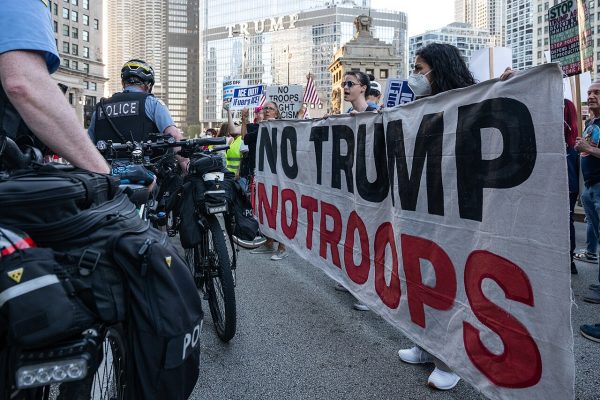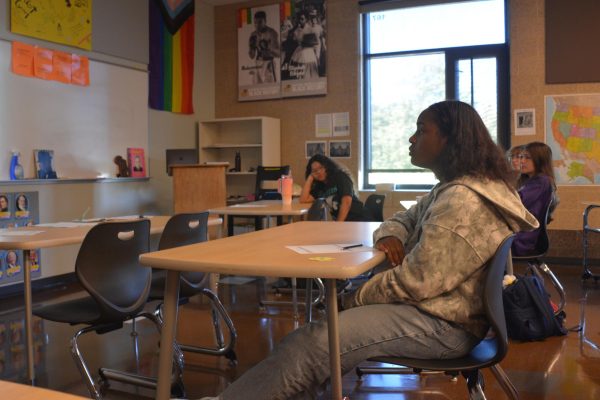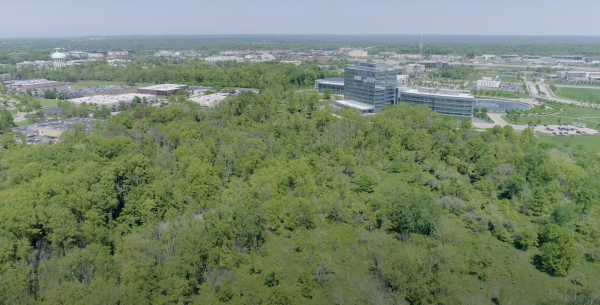Student Regrets Social Media Incident
Schools across the country are facing a seemingly impossible task: determining when to police students’ social media and when not to.
The students argue that they have a first amendment right to post anything they want, but the schools argue it’s their job to protect their students’ education by minimizing disruption.
Over the past few years BHS has run into its own problems regarding students’ free speech and social media. One incident occurred this year when a BHS freshman posted a video on social media that some found to be objectionable.
“Anyone can say anything on social media,” Assistant Principal Ryan Patti said. “You have freedom of speech, but anything you say still holds weight in life.”
“Every action has the reaction,” he added. “So, you just have to decide if saying what you have to say is worth consequences.”
The video showed the student holding up a sign that said “Slavery was a choice”. The sign was a reference to a recent tweet by Kanye West saying the same phrase.
A month after the video was uploaded, a few Beachwood students saw it online and brought it to the school’s attention. The freshman was suspended for one day.
“I made the thing as a joke, I obviously didn’t mean it,” the student said. “I know the video was wrong, now I see it’s racist. It was wrong and I know I shouldn’t have posted it.”
He not only regrets posting the video, but also downloading the social media platform it was posted on.
Patti explained that the administration handles these incidents on a case-by-case basis.
In the 1969 case of Tinker v. Des Moines, the Supreme Court ruled that schools may discipline students for their speech as long as they can show that the speech could “materially and substantially interfere with the requirements of appropriate discipline in the operation of the school.”
However, a federal court also ruled in the 2004 case of Neal vs. Efurd that administrators can not punish students for off-campus online speech in cases when it does not create a disruption in the learning environment.
Patti indicated that the school is following the legal standard the Supreme Court has set regarding students’ free speech rights. In order for a social media post to be punishable, it has to disrupt learning in some way. As long as the post leads to a disruption, even if it does not directly cause it, it is punishable.
Patti said a post can be punishable even if it only leads to a minor disruption such as an argument in class.
The video incident caused a lot of controversy in Beachwood’s student body. Some students supported the school’s decision to punish the student who made the video, while others felt that the school did not have authority over the student’s social media. Others, who were offended by the post, felt that the student was not punished harshly enough.
Beachwood sophomore Carrington Peavy believes that suspending the freshman was not an effective punishment.
“…[S]uspending the student did not do anything to better his education on race relations,” she said.
Peavy then spoke more broadly about the school’s ability to handle racism.
“The school’s treatment of racism definitely needs work and we need to incorporate race more frequently in our school curriculum and in our community as well,” she said.
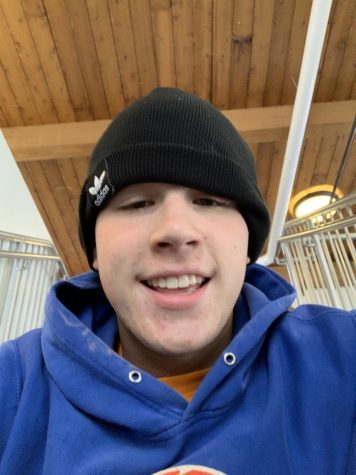
Ian Stender began writing for the Beachcomber in 2018. He covers all types of stories. In addition to writing for the Beachcomber, he’s on the baseball...



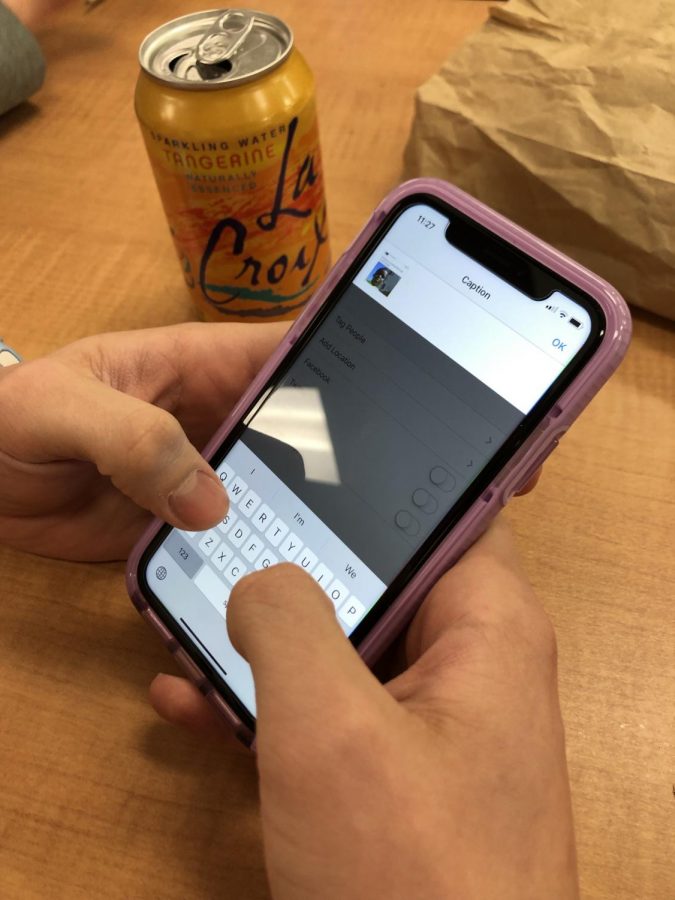
![“My parents have always said that education is important. My parents are Chinese immigrants, I'm Chinese American, [and that's a] value that has always been ingrained in our community,” said Senior Lyndia Zheng, pictured with Tony Zheng](https://bcomber.org/wp-content/uploads/2025/10/DSC_4244-600x400.jpg)

